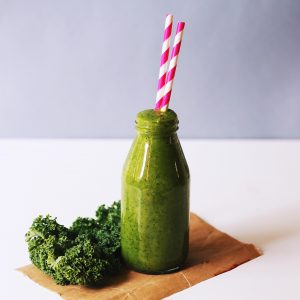 Everything you do makes a difference when you’re trying to get into shape. What you eat, how often you workout and the type of workout you do all affect your progress, just as how much sleep you get does. Whether you’re considering your main meals, your snacks or what you consume before a workout and after is important. The latest craze has been the use of pre-workouts. Are they really beneficial or are you wasting your money? Are there any negative effects? These are all good questions to ask.
Everything you do makes a difference when you’re trying to get into shape. What you eat, how often you workout and the type of workout you do all affect your progress, just as how much sleep you get does. Whether you’re considering your main meals, your snacks or what you consume before a workout and after is important. The latest craze has been the use of pre-workouts. Are they really beneficial or are you wasting your money? Are there any negative effects? These are all good questions to ask.
What is a pre-workout?
Pre-workouts are a relatively new product that’s promoted as the best combination of carbs and protein to consume before you workout. It contains both the micro and the macro nutrients, plus calories, to provide the energy you need to have the best possible workout to build muscle tissue faster and speed the process to reach your goals. You can get the same benefits from using a combination of food, like a peanut butter and jelly on whole wheat bread at a far less expensive price.
You’re paying for convenience and ease.
For years, trainers have encouraged clients to eat a combination of carbs and protein about a half hour to an hour before working out. It helps improve your workout. Some foods are easy to use, like plain yogurt and berries. While most of the benefit of a pre-workout that’s pre-made is that it’s simply easier. However, some do contain vitamins and other ingredients, such as caffeine.
If you have a physical condition, watch the ingredients.
For those who are lactose intolerant, don’t get a pre-workout whose source of protein is a milk solid or other dairy. You don’t want to face a tough workout with a belly full of gas or explosive diarrhea. That definitely won’t improve your performance. People with IBS need to avoid supplements that have carnitine, creatine, artificial sweeteners and inulin.
- If you choose to use a commercial pre-workout, read the label. While some contain beneficial additives like B-vitamins, others contain sugar to improve the flavor and/or chemicals as preservatives. Choose wisely.
- If you’re set on buying or trying a pre-workout, consider getting ones that offer something extra, such as nitric oxide that boosts the production of nitric acid or creatine to help build muscle tissue.
- Be careful when you buy pre-workouts. They’re not regulated by the FDA. Check the label for a certification that says it’s approved by the NSF or Informed-Choice third party group to ensure it contains what the label says.
- People with high blood pressure or a rapid heart rate need to be careful to avoid products with caffeine or creatine. They both increase your heart rate and blood pressure, plus they also can cause dehydration and an upset stomach.
For more information, contact us today at One Love Fit Club!
 13609 Central Ave, Ste E Chino, CA 91710
13609 Central Ave, Ste E Chino, CA 91710
